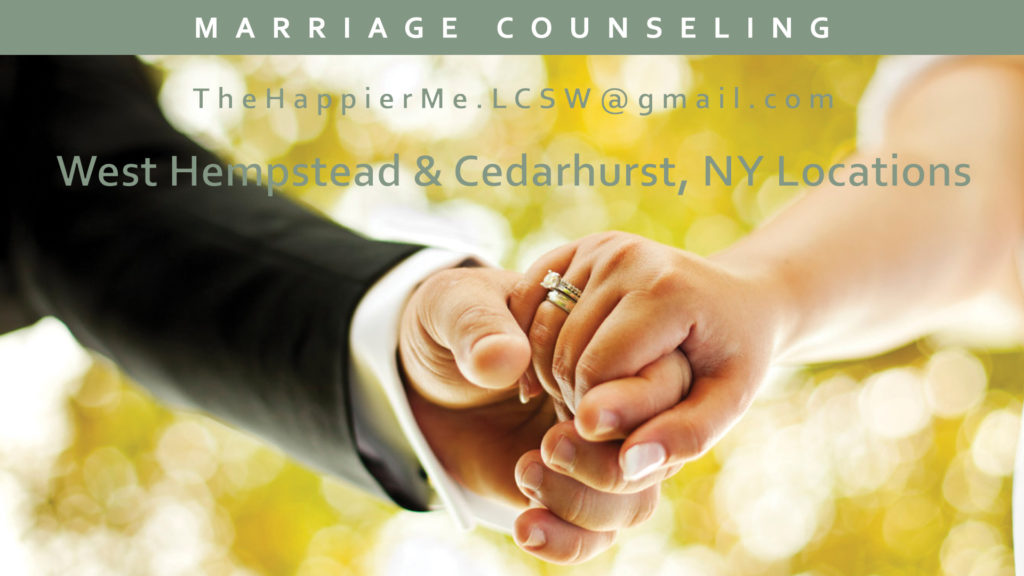Cognitive dissonance is a psychological phenomenon that occurs when an individual holds two or more conflicting beliefs, values, or attitudes. This inconsistency between what a person thinks and how they behave can cause discomfort, tension, or anxiety.
Cognitive dissonance is the discomfort a person feels when their behavior does not align with their values or beliefs.
The concept of cognitive dissonance was first introduced by social psychologist Leon Festinger in 1957. Festinger proposed that people strive for internal consistency and that when they encounter conflicting information, they experience dissonance.
Types of Cognitive Dissonance
- Pre-decision dissonance: occurs before making a decision, when an individual is torn between conflicting options.
- Post-decision dissonance: occurs after making a decision, when an individual may question their choice.
- Belief dissonance: occurs when an individual’s beliefs are challenged or contradicted.
Consequences of Cognitive Dissonance
- Dissonance reduction: individuals may change their attitudes, beliefs, or behaviors to reduce the discomfort caused by dissonance.
- Rationalization: individuals may create justifications or excuses to alleviate the discomfort caused by dissonance.
- Denial: individuals may refuse to acknowledge or accept the conflicting information.
Here are some examples of cognitive dissonance in relationships:
Romantic Relationships:
- Staying in an abusive relationship: A person knows that their partner is abusive, but they stay in the relationship because they believe they love their partner or don’t want to be alone.
- Ignoring infidelity: A person knows that their partner is cheating on them, but they ignore it because they don’t want to confront the reality or lose the relationship.
- Downplaying partner’s flaws: A person knows that their partner has significant flaws, but they downplay or justify them because they want to believe that their partner is perfect.
Friendships:
- Ignoring a friend’s toxic behavior: A person knows that their friend is toxic or manipulative, but they ignore it because they don’t want to confront their friend or lose the friendship.
- Justifying a friend’s bad decisions: A person knows that their friend is making bad decisions, but they justify or enable them because they don’t want to be seen as judgmental.
- Staying in a one-sided friendship: A person knows that their friendship is one-sided, but they stay in it because they don’t want to be alone or lose the friendship.
Family Relationships:
- Ignoring a family member’s addiction: A person knows that a family member is struggling with addiction, but they ignore it because they don’t want to confront the reality or cause conflict.
- Justifying a family member’s abusive behavior: A person knows that a family member is abusive, but they justify or downplay it because they don’t want to confront the reality or cause conflict.
- Staying in a toxic family dynamic: A person knows that their family dynamic is toxic, but they stay in it because they don’t want to be ostracized or lose their family.
Workplace Relationships:
- Ignoring a coworker’s bullying behavior: A person knows that a coworker is bullying others, but they ignore it because they don’t want to confront the reality or cause conflict.
- Justifying a manager’s unfair treatment: A person knows that their manager is treating them unfairly, but they justify or downplay it because they don’t want to rock the boat or lose their job.
- Staying in a toxic work environment: A person knows that their work environment is toxic, but they stay in it because they don’t want to lose their job or benefits.







 So unfortunately, feeling like a failure and shame, they’re real…
So unfortunately, feeling like a failure and shame, they’re real…


